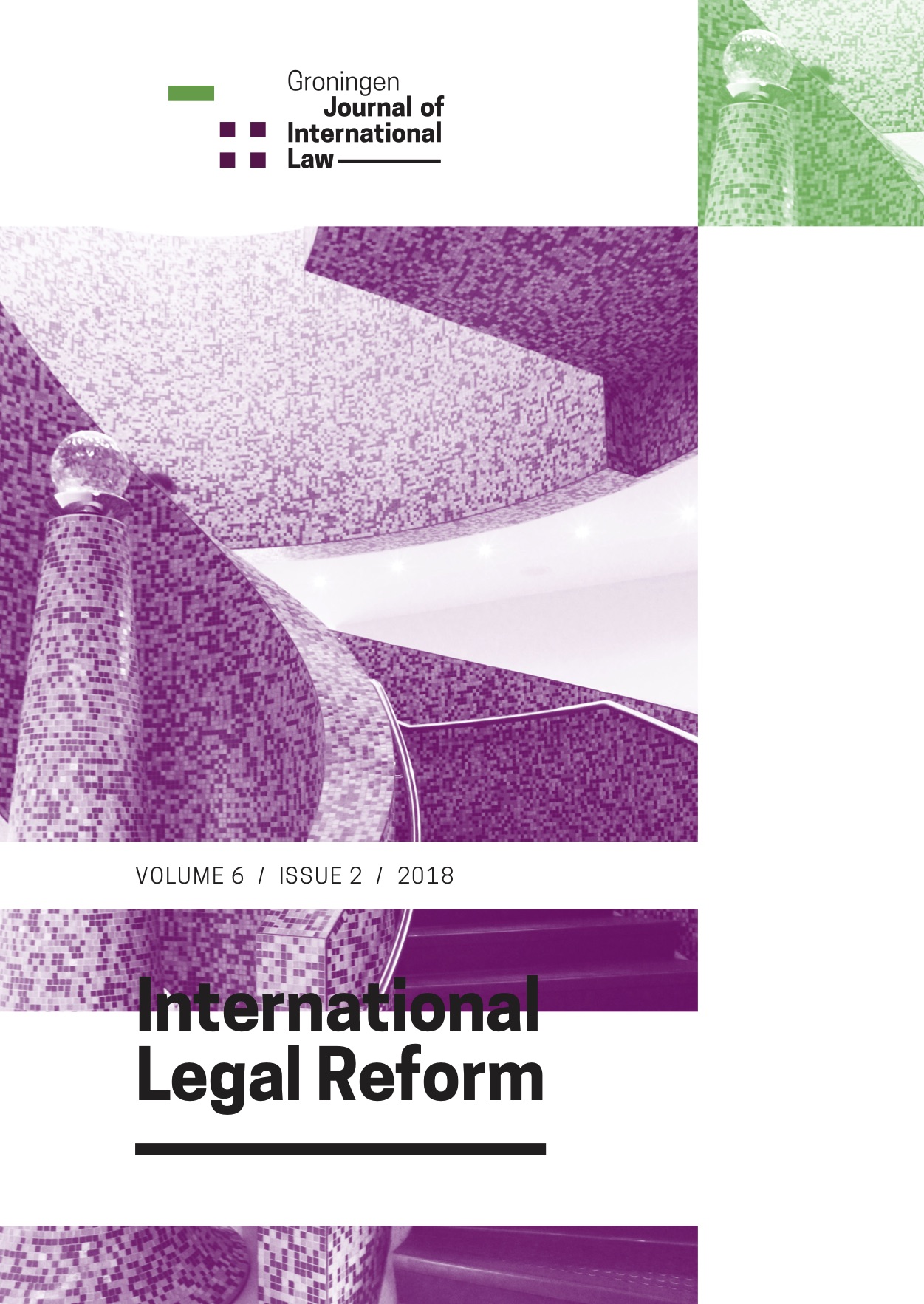Social Media Challenges to Peace-making and What Can Be Done About Them
DOI:
https://doi.org/10.21827/5bf3e9c076951Keywords:
SOCIAL MEDIA, PEACEMAKING, DISINFORMATION, INFORMATION WARFARE, CYBERSECURITY, INFORMATION SECURITY, CONFLICT, PEACEAbstract
Social media has changed the way how wars are fought, organised and ended. During peace negotiations, social media can serve as confidence-building platforms but also as a tool used to prolong the conflict by spreading disinformation and propaganda. Therefore, for a conflict to come to its end, it is necessary that the parties to peace negotiations refrain not only from physical hostilities but also from any forms of information warfare. Pursuing the objective of national reconciliation, modern peace agreements should contain rules on the regulation of social media content that may disrupt the peace. Special commissions should be established to review the content on social media and take adequate steps when a specific post, video or image spreads bellicose narrative or hate speech. We can imagine a whole range of measures that can be adopted by such commission ranging from labelling the content on its own social media channels as potentially dangerous to peace up to a removal request addressed to a concerned social media platform. Such mechanisms should be based on full respect for human rights in general and the right to freedom of opinion and expression in particular. Without such regulations, the goal of sustainable peace and successful national reconciliation seems almost unrealistic given the ever-increasing power of social media.
Published
Issue
Section
Open Access Creative Commons


